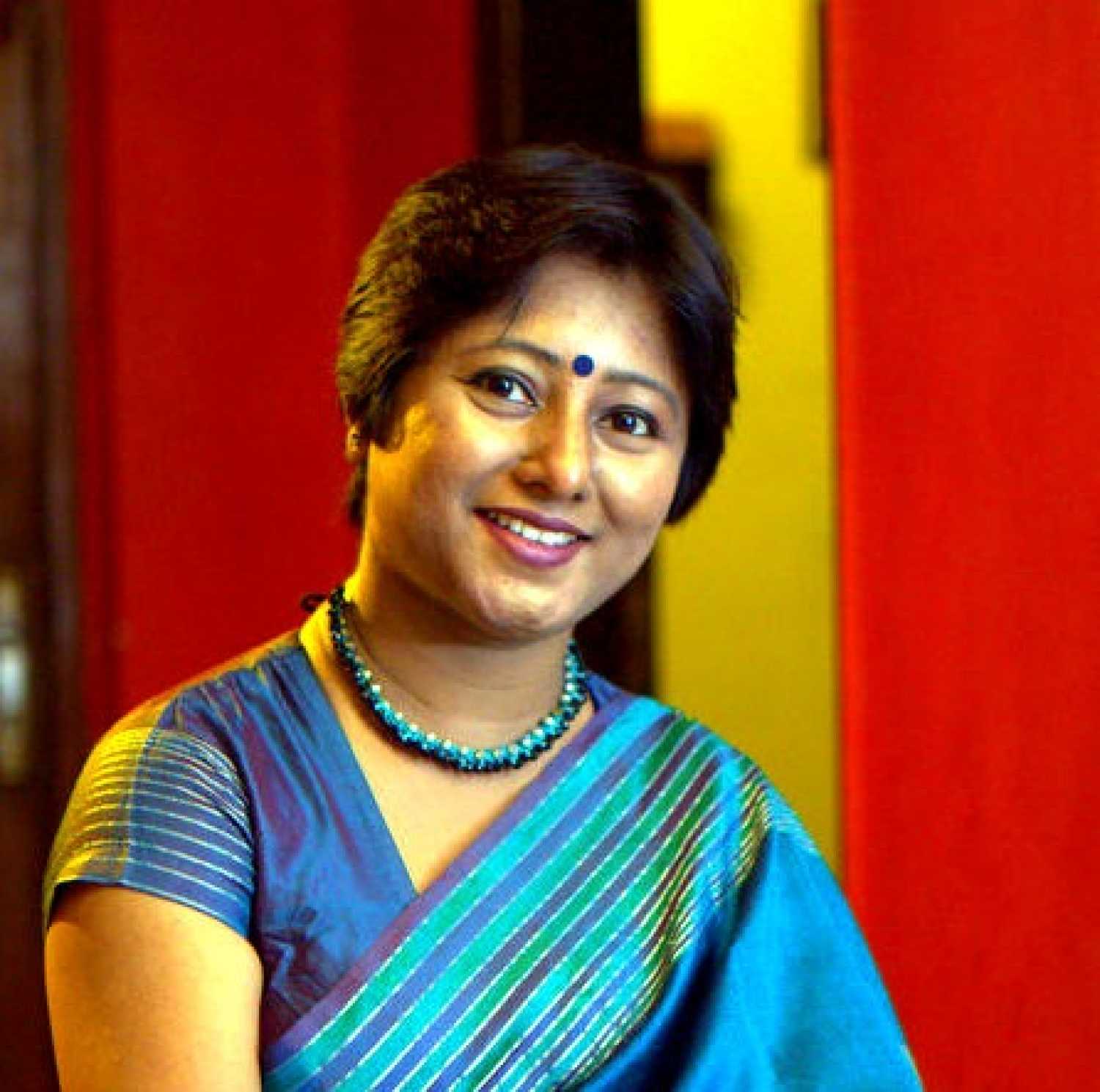The author, columnist and public speaker spoke about the experience of turning her screenplay into a novel and writing for a film.
It was the pen that picked me up rather than me picking up the pen: Sinjini Sengupta on Elixir
New Delhi - 16 Jun 2018 9:00 IST
Updated : 20 Jun 2018 16:44 IST


Sukhpreet Kahlon
An award-winning author, columnist and public speaker, Sinjini Sengupta has had an eventful and unconventional ride. An erstwhile actuary, she followed her passion to become a writer and won the national-level English poetry contest, Rhyme India by The Times of India in 2016.
As a columnist, Sengupta writes mainly on emotional well-being, gender issues, social reforms and parenting and her columns have appeared in several publications, including Huffington Post, Speaking Tree – The Times of India, Youth Ki Awaaz, Anandabazaar Patrika, World of Moms, Feministaa and others.
She won the 'Iconic Woman Award' at the Women's Economic Forum in May 2017 and has been a TEDx speaker where she spoke about the importance and techniques of gender neutral parenting.
Sengupta made an unexpected foray into the world of cinema when she wrote the story of Elixir, based on the idea of a parallel reality and a philosophical journey around women's emancipation. The story was adapted into a short film for which she also wrote the screenplay. The film was screened at several international film festivals, including the 69th Cannes Film Festival and won many accolades.
The story was then adapted into a book, also written by her and published by Readomania. In an exclusive conversation with Cinestaan.com on the sidelines of the recently-concluded Habitat Film Festival 2018 in New Delhi, Sengupta spoke about the experience of turning her screenplay into a novel and writing for a film.
Yours is quite an unconventional journey- from being an actuary to a writer. What has this journey been like and what propelled this drastic shift?
I studied economics and was a complete nerd. Reading was always a stolen pleasure for me. About two-and-a-half years back, I became severely unwell and was repeatedly advised bed rest and needed to take a break. I thought it would be a short break and I’d join work after some time but I was quite depressed and during that time, it was the pen that picked me up rather than me picking up the pen.
The story of Elixir suddenly came to me and I wrote it on my Blackberry, posted it online and forgot about it. My husband is a banker, but also works in theatre and picked up the story. I wrote the screenplay and we shot the film in Bengali. It won many awards including the Best Director Award at the Kolkata International Short Film Festival and many other awards and was selected for the Cannes Short Film Corner.
How did the idea come to you to turn the screenplay into a novel, especially as it is usually the other way around?
I had been writing columns about women, writing on social causes and women’s causes. At the end of one of the screenings in Delhi, someone approached me and asked me to adapt the story for a book. I had not written a novel at the time but I wrote the book and after its launch it has been doing really well. Anita Agnihotri launched the book in a multi-city launch.
How challenging was it to convert the film to a book?
The crux of the story stayed the same. I erased the movie from my mind while doing the book. There were also several interpretations of the film when it was screened. I did not want to adapt the film screen by screen.
The story is about a woman’s internal world. It’s about a woman who leads two lives between reality and dreams. What’s real is a matter of perspective and the idea allows for exploration. It’s also a story of mental otherness, about the urban landscape and how society has certain expectations and a glass ceiling.
How did the film get selected for Cannes?
There was a process of applying online and my husband sent the film everywhere. He applied for the Cannes short film corner as well. We received the euphoric news and it was a great experience going to Cannes. We were at the India Pavilion and it was an enlightening and euphoric experience.
Related topics
Habitat Film Festival
